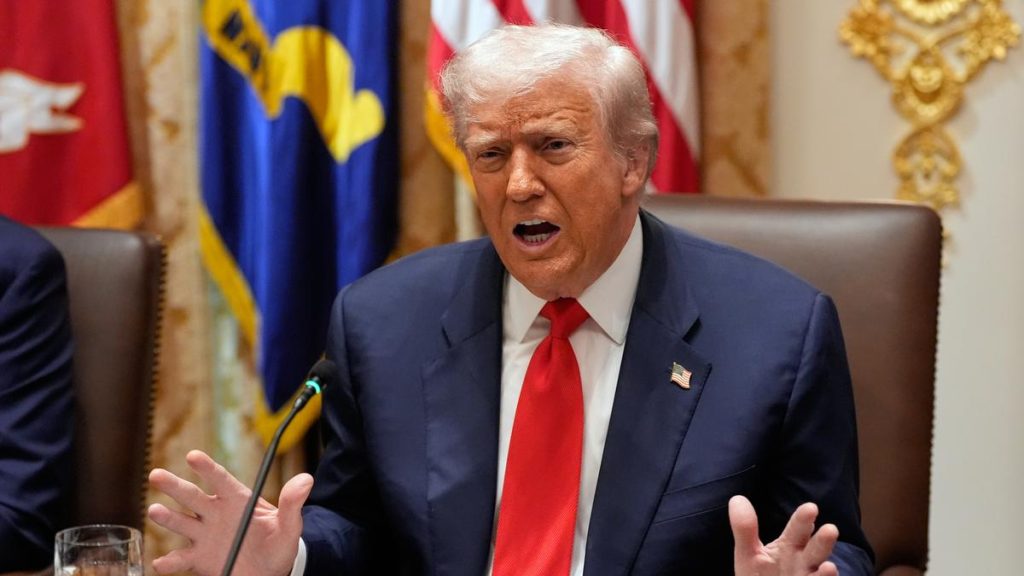
President Donald Trump on Thursday warned that if Hamas continues killing people in Gaza, “we will have no choice but to go in and kill them,” an escalation of his rhetoric as negotiators work to preserve a fragile ceasefire.
Escalation after a fragile ceasefire
The comment posted on Truth Social three days after the ceasefire deal was signed followed reports that Hamas fighters used the truce to reassert control across Gaza. The president did not specify who he meant by “we,” and the White House had not immediately clarified whether he was referring to U.S. forces, Israeli forces acting with U.S. support, or another coalition.
Mixed messages from the White House
Earlier, Trump had downplayed the chance that U.S. forces would be used in peacekeeping, telling reporters, “We won’t need the US military. We’ll be helping Israel.” Yet his latest public warning suggested he might permit renewed military action if Hamas fails to honor the agreement.
“If Hamas continues to kill people in Gaza, which was not the Deal, we will have no choice but to go in and kill them.” Truth Social post attributed to President Donald Trump
Reports of violence inside Gaza
Journalists and human-rights groups reported that Hamas fighters targeted Palestinians accused of collaborating with Israel, sometimes violently. Footage circulating online showed incidents some described as summary executions.
Trump’s evolving stance
In the immediate aftermath of the ceasefire, Trump said the war was effectively “over” and initially reacted with some ambivalence to reports of Hamas cracking down on internal groups. “They did take out a couple of gangs that were very bad,” he said earlier this week, adding that “that didn’t bother me much.”
But in interviews and social posts over the last 24 hours, the president took a sterner tone: he warned that Hamas would need to disarm or be disarmed, and said Israel could resume fighting “as soon as I say the word.”
What this means
- The president’s language signals willingness to let military pressures resume if the ceasefire collapses.
- It raises questions about possible U.S. involvement or diplomatic pressure to force compliance.
- On-the-ground reports suggest the situation in Gaza remains volatile and dangerous for civilians.
As negotiators try to convert a temporary truce into a lasting peace, the evolving rhetoric from world leaders will shape whether the ceasefire holds or the conflict renews with broader regional consequences.
